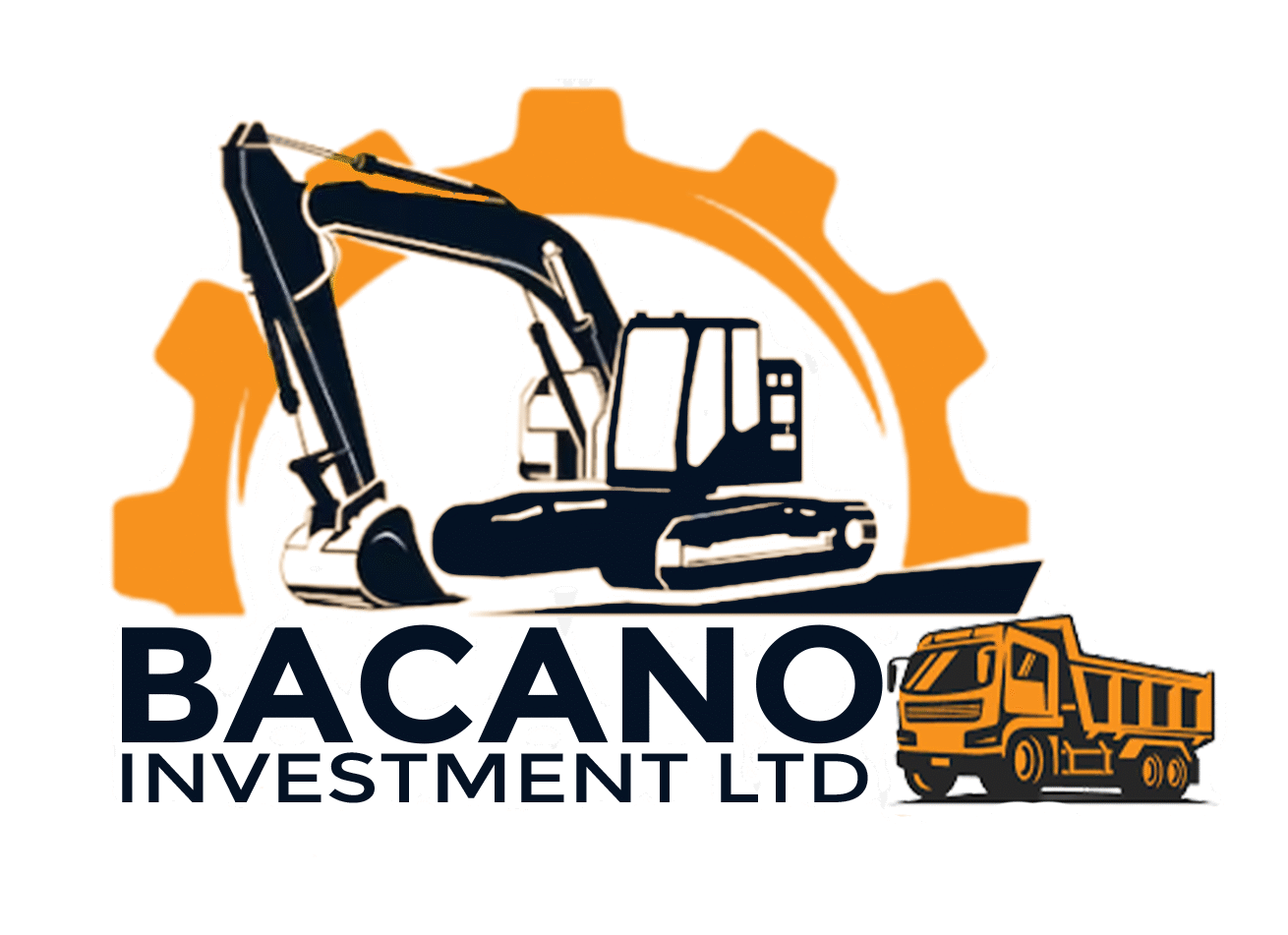Excavation is an essential part of numerous construction projects, from building foundations to infrastructure development. However, it’s a task that comes with inherent risks, making safety a paramount concern. When you’re in the process of selecting an excavation contractor for your project, one of the critical factors to consider is their commitment to safety. In this article, we will explore the key aspects to look for in a contractor’s safety measures, ensuring that your excavation project is conducted with the utmost care and responsibility.
1. Comprehensive Safety Policies: Begin by examining the contractor’s safety policies and procedures. A reputable excavation contractor should have a well-defined safety program in place that encompasses all aspects of the excavation process. This program should outline safety protocols, emergency response plans, and safety training for their employees.
2. Employee Training and Certification: Check if the contractor provides regular safety training for their employees. Properly trained and certified personnel are more likely to execute excavation tasks safely. Certifications from organizations such as OSHA (Occupational Safety and Health Administration) are strong indicators of a contractor’s commitment to safety.
3. Safety Equipment and Gear: Ensure that the contractor uses appropriate safety equipment and gear. This includes personal protective equipment (PPE) like hard hats, high-visibility clothing, and safety harnesses. The presence of such equipment on the job site is a visible sign of a contractor’s dedication to safety.
4. Pre-Excavation Assessments: Effective safety measures often begin with thorough pre-excavation assessments. The contractor should conduct site inspections to identify potential hazards, utilities, and environmental concerns. This proactive approach minimizes risks during excavation.
5. Shoring and Trenching Practices: If your project involves trenches or excavation in unstable soil, the contractor must employ proper shoring and trenching techniques. This prevents cave-ins and ensures the safety of workers inside the excavation.
6. Emergency Response Plans: A responsible contractor should have detailed emergency response plans in place. This includes procedures for handling accidents, injuries, or unexpected situations. Ensure that the contractor can swiftly respond to emergencies and has access to first aid and medical facilities.
7. Compliance with Regulatory Standards: The contractor should adhere to all relevant safety regulations and standards in Kenya. This includes local safety codes and guidelines set forth by regulatory bodies such as the National Construction Authority (NCA) and OSHA. Ask for evidence of compliance during the contractor selection process.
8. Safety Record and References: Research the contractor’s safety record and seek references from previous clients. A contractor with a strong safety track record and positive references demonstrates a history of prioritizing safety.
9. Insurance Coverage: Verify that the contractor carries adequate insurance coverage, including liability and worker’s compensation insurance. Insurance is a safety net that protects both the contractor and you in case of accidents or unforeseen events.
In conclusion, excavation safety should be at the forefront of your considerations when selecting a contractor. A contractor that prioritizes safety not only protects its workers but also ensures a smoother and more successful project execution. To find a contractor that embodies these safety principles, consider reaching out to Bacano Investment Limited.
For inquiries and partnership opportunities, contact Bacano Investment Limited at:
- Email: [email protected]
- Phone: +254711509584
Bacano Investments is committed to maintaining stringent safety measures in their excavation projects and is open to exploring partnership opportunities both locally and internationally. Your safety is their priority, and they ensure that every project is executed with the highest standards of safety in mind.
